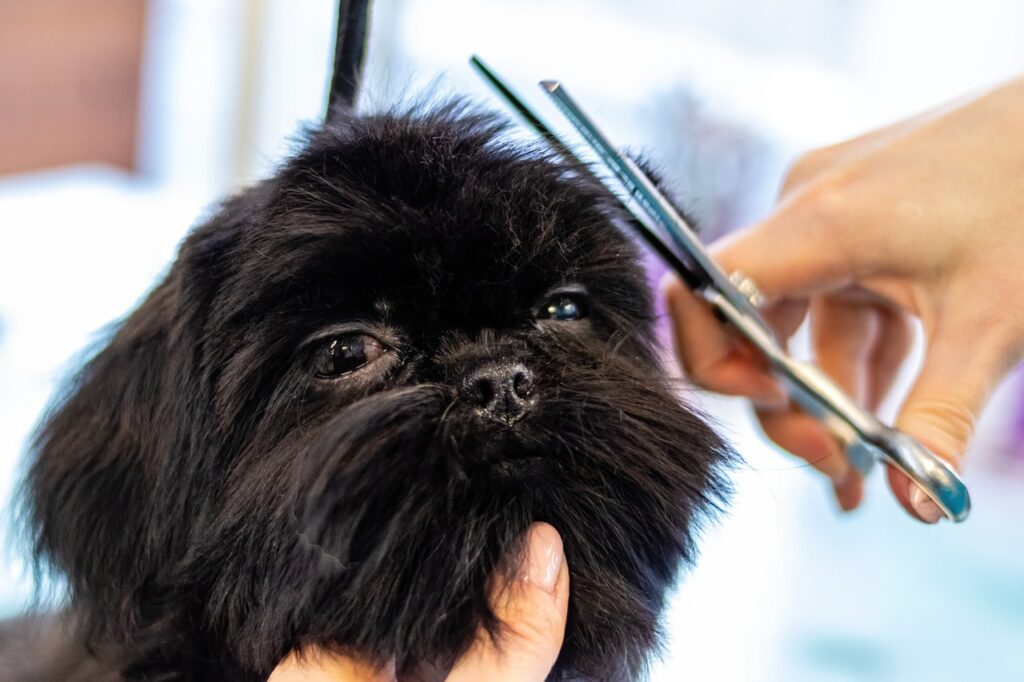As responsible pet owners, it’s crucial to pay attention to every aspect of our furry friends’ well-being. While we often focus on their diet, exercise, and grooming, many of us tend to overlook the importance of maintaining our dog’s oral health. Just like humans, dogs can suffer from dental problems that can lead to serious health issues. In this article, we will delve into the significance of dog teeth cleaning and why it should be an essential part of your pet’s overall health regime.
I. Understanding the Importance of Dog Teeth Cleaning
A. Dental problems in dogs
1. Periodontal disease
2. Tooth decay and cavities
3. Bad breath and oral infections
B. The impact of poor oral health on overall well-being
1. Heart disease and organ damage
2. Weakening immune system
3. Chronic pain and discomfort
II. How to Clean Your Dog’s Teeth
A. Regular brushing
1. Choosing the right toothbrush and toothpaste
2. Proper brushing technique
3. Frequency of brushing
B. Professional dental cleanings
1. Importance of veterinary dental exams
2. Understanding the cleaning process
3. Anesthesia vs. non-anesthesia dental cleanings
III. Tips for Maintaining Your Dog’s Oral Health
A. Appropriate diet for dental health
1. Dental-friendly food options
2. Avoiding sugary treats and human food
B. Chewing toys and dental treats
1. Benefits of chewing toys
2. Choosing the right dental treats
C. Regular dental check-ups
1. Importance of routine veterinary visits
2. Scheduling professional dental cleanings
FAQs:
Q1. How often should I brush my dog’s teeth?
A1. It is recommended to brush your dog’s teeth at least 2-3 times a week to maintain good oral hygiene.
Q2. Can I use human toothpaste for my dog?
A2. No, human toothpaste contains ingredients that can be harmful to dogs. Always use a toothpaste specifically formulated for dogs.
Q3. Is it necessary to have professional dental cleanings for my dog?
A3. Yes, professional dental cleanings performed by a veterinarian are crucial in removing tartar and plaque that cannot be eliminated through regular brushing.
Q4. Are dental treats effective in maintaining oral health?
A4. Dental treats can help reduce plaque and tartar buildup, but they should not be considered a substitute for regular brushing and professional cleanings.
Q5. What are the signs of dental problems in dogs?
A5. Common signs include bad breath, swollen gums, difficulty chewing, tooth discoloration, and excessive drooling. If you notice any of these signs, it’s important to consult a veterinarian.
Conclusion:
Proper dental care is vital for your dog’s overall well-being. By regularly cleaning your dog’s teeth, you can prevent the development of dental problems that can lead to serious health issues. Whether it’s through regular brushing, professional cleanings, or a combination of both, make sure to prioritize your pet’s oral health. Remember, a healthy mouth means a happy and thriving furry companion!

